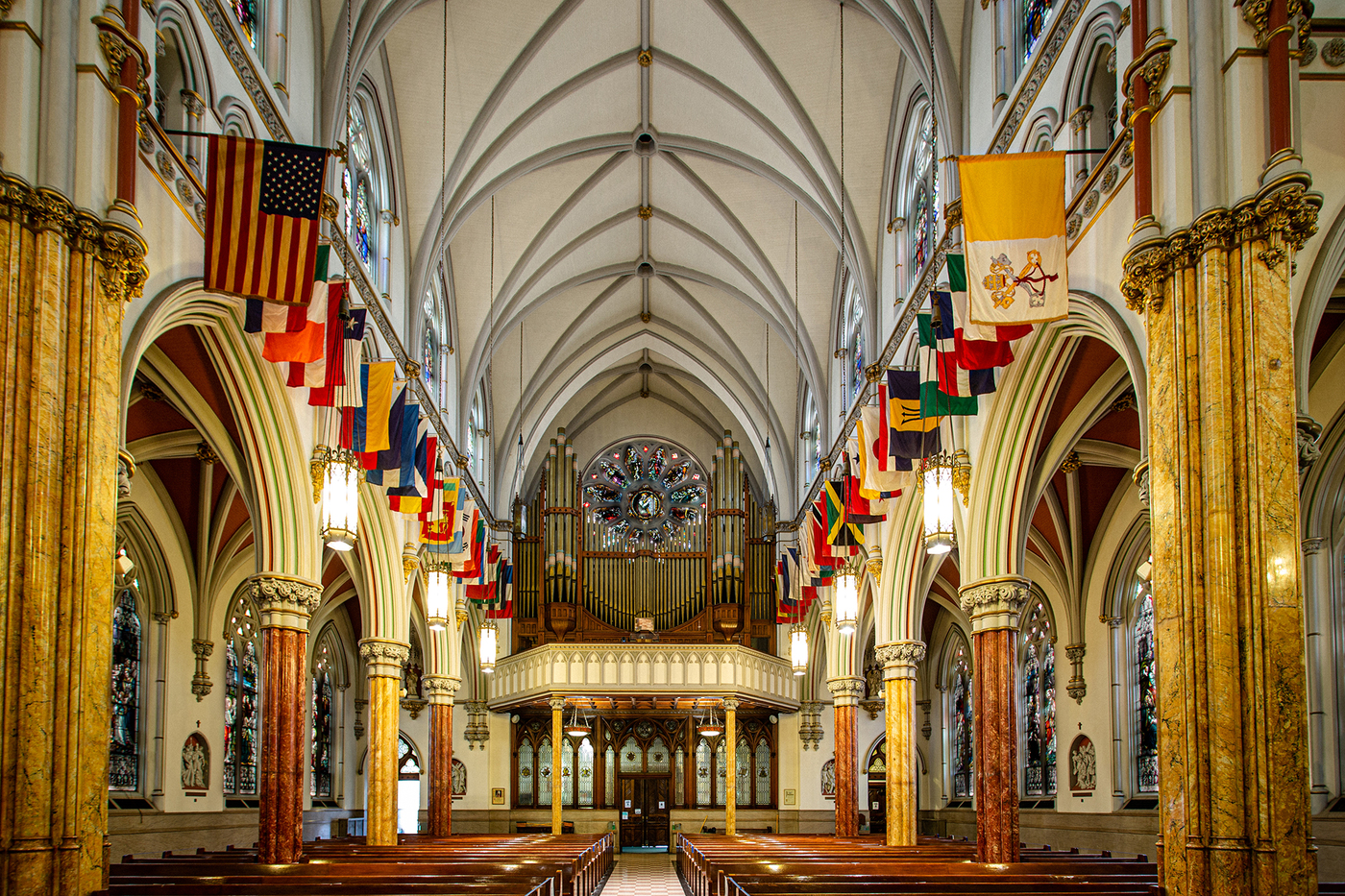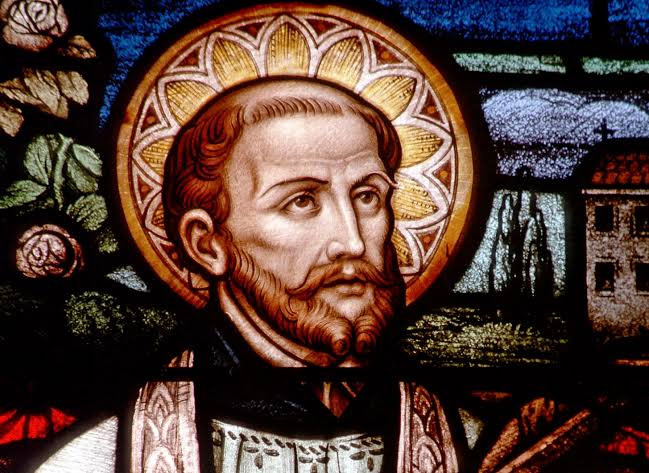

Our Patron St. Francis Xaviers
Francis Xavier was born on April 7, 1506, in Navarre, Spain, to Don Juan De Jassu and Maria De Alpilcueta, as one of seven siblings. Initially, he aspired to become a scholar, a doctor of philosophy, or pursue an ecclesiastical career, and had no interest in the priesthood. Nevertheless, his father, who was the President of the Royal Council, had a strong influence on him. Francis earned his licentiate degree in the spring of 1530 and began teaching Aristotle at the College of Dormans-Beauvais.
In 1533, after years of spiritual influence from Ignatius of Loyola, Xavier experienced a profound transformation. Ignatius’ famous words, “What does it profit a man to gain the whole world, if he suffers the loss of his soul,” led Xavier to embrace a religious life. Along with Ignatius and other companions, he co-founded the Society of Jesus (Jesuits).
In 1542, at short notice, Francis set out on a missionary journey to the Indies. He dedicated himself to learning local languages, caring for the sick, and spreading Christianity. Over the next ten years, Xavier traveled through more than 50 kingdoms, converting nearly a million people to the faith.
In 1552, Xavier journeyed to China, but fell ill and died on December 3, 1552, on Sancian Island, near the Chinese coast. His body was discovered incorrupt in 1553 and is preserved at the Bom Jesus Basilica in Goa, India. Francis Xavier was beatified in 1619, canonized by Pope Gregory XV on March 12, 1622, and became the patron saint of missions.



